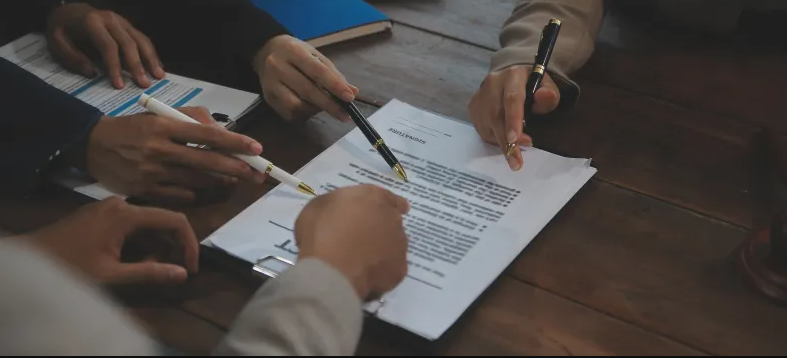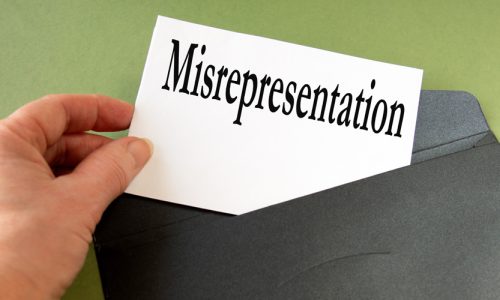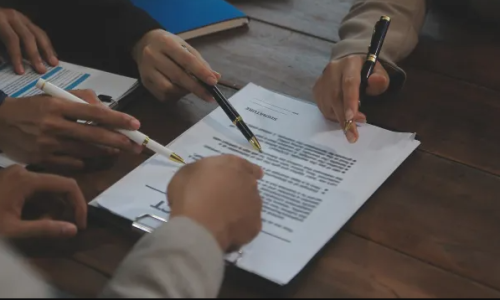Sponsorship Refused? What to Do If IRCC Says You’re Ineligible to Sponsor Your Spouse or Partner

A refusal decision from Immigration, Refugees and Citizenship Canada (IRCC) declaring ineligibility to sponsor a spouse or partner can be both emotionally and legally complex. This outcome does not always mark the end of the process.
Several legal avenues exist, and each must be approached with a clear understanding of IRCC requirements, appeal rights, and procedural timelines. Individuals denied under spousal sponsorship must act quickly and strategically. To appeal a family sponsorship refusal in Canada, specific conditions must be met, and legal options must be clearly understood.
Understanding IRCC’s Sponsorship Eligibility Requirements
IRCC assesses the eligibility of a sponsor based on multiple criteria set out in immigration law and policy.
A sponsor may be deemed in eligible to sponsor on the following grounds, including:
- They have social assistance for reasons other than disability;
- They are a permanent resident subject to a removal order;
- They are convicted of a sexual offence under the criminal code; or an offence under the criminal code against a family member;
- They are in default of a child support or spousal support payment order by the court (this includes orders made by a court outside Canada);
- They are in default of a previous sponsorship undertaking; and
- They are an undischarged bankrupt under the Bankruptcy and Insolvency Act.
IRCC also considers any history of previous sponsorships and compliance with sponsorship undertakings. Failing to meet even one criterion can result in an ineligibility finding.
What Happens When IRCC Declares Sponsorship Ineligibility?
If found ineligible, the application for permanent residence may likely be refused. A formal and legal letter will typically specify the grounds for the refusal. This situation differs from a refusal on the sponsored person’s admissibility; here, the issue lies with the sponsor.
At this point, the sponsor may have a legal right to appeal family sponsorship refusal in Canada through the Immigration Appeal Division (IAD) of the Immigration and Refugee Board (IRB), if the Applicant resides outside of Canada.
Filing a Family Sponsorship Appeal in Canada
Sponsors with legal standing have 30 days from the date of receiving the refusal to file an appeal. This process includes submitting an appeal notice, compiling strong supporting documentation, and, if required, attending a hearing. Success in a family sponsorship immigration appeal depends on both procedural compliance and the strength of the evidence, testimonies and legal arguments presented.
At this stage, working with an experienced Canadian family sponsorship appeal lawyer can be critical. A lawyer can structure the appeal around the specific refusal reasons – whether they stem from factual errors, misinterpretation of documents, or other legal issues – while ensuring the case is timely, complete, and legally sound.
Legal Options Beyond Appeal: Reapplication vs Judicial Review
In cases where no right of appeal exists—such as certain Applicants that applied and reside in Canada—a judicial review at the Federal Court may be an appropriate option. Unlike an appeal, a judicial review does not re-assess the facts of the case; instead, it examines whether IRCC’s decision was procedurally fair and legally reasonable.
In some circumstances, submitting a new application may be the better path forward—particularly if the refusal was due to incomplete documentation or temporary financial issues that have since been resolved. However, reapplying can involve additional delays and costs. An experienced immigration lawyer can assess your situation and guide you toward the most strategic and cost-effective option.
The Lawyer’s Role in Rebuilding the Case
A Canadian family sponsorship appeal lawyer can make a significant difference in the outcome of your appeal. An experienced lawyer can:
- Assess the Strength of Your Case
A lawyer will review the refusal letter, application documents, and evidence to identify the most effective grounds of appeal—whether factual errors, misinterpretation of documents, or breaches of procedural fairness. - Prepare a Strong Appeal Record
Lawyers know how to gather and present supporting evidence in a way that meets the Immigration Appeal Division’s requirements, including affidavits, expert opinions, and corroborating documents. - Build Persuasive Legal Arguments
They can reference relevant case law, legislation, and procedural rules to frame your case in the strongest possible way. - Ensure Procedural ComplianceAppeals have strict timelines and filing requirements. A lawyer ensures that deadlines are met and that all procedural rules are followed to avoid dismissal on technical grounds.
- Represent You at the Hearing
If a hearing is required, your lawyer will prepare you for testimony, cross-examine witnesses, and advocate on your behalf before the Immigration Appeal Division. - Explore Alternatives if Needed
If an appeal is unlikely to succeed, a lawyer can advise on alternative strategies—such as reapplying or pursuing a judicial review—so you have a clear path forward.
Legal knowledge also helps avoid procedural pitfalls that could result in dismissal of the appeal on technical grounds.
What to Expect at the Immigration Appeal Division
The IAD will review documents and may schedule a hearing. At the hearing:
- Testimony – You and any witnesses will answer questions from your lawyer and then from the Minister’s Counsel. This may include questions about your relationship history, supporting documents, and events leading to the refusal.
- Minister’s Evidence – The Minister’s Counsel may present evidence or call witnesses to challenge your case.
- Cross-Examination – Each side may question the other’s witnesses.
- Closing Arguments – Both sides summarize why the decision should be in their favour.
- Decision – The Member may announce a decision at the hearing or issue it in writing later.
Proper preparation—knowing what to expect, organizing documents, and practicing testimony—can significantly improve your chances of success.
Next Steps After a Sponsorship Refusal
Whether pursuing an appeal or filing a new application, thorough documentation and legal consistency are essential. Any mistakes or omissions from the initial submission should be addressed head-on.
Skilled legal representation can help minimize delays, ensure clarity, and streamline what might otherwise become a lengthy, complex process.
Conclusion: Work with a Family Sponsorship Appeal Lawyer
Being declared ineligible to sponsor a spouse or partner does not have to be the end of the road. With proper guidance, you may be able to challenge the decision and rebuild a strong case for reunification. Act promptly, stay informed, and use legal expertise strategically.
For trusted support with with appeals or reapplications, connect with the family sponsorship appeal lawyers at The Law Office of Tià Sherene McCalla.






